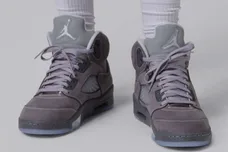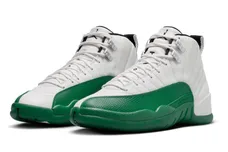Elliott Wilson was the man who interviewed Drake when he issued one of his responses to Kendrick Lamar's 2013 "Control" verse – and his post-Pusha T beef reflection – so to see their relationship crumble amid Drizzy's K.Dot battle is, dare we say, poetic justice. For those unaware, both men find themselves at odds thanks to Wilson's support of Kendrick in the beef (per his opinion) and the 6ix God accusing the hip-hop journalist of being a rat. Well, during a conversation with the Need To Know podcast, Wilson answered a question about how he thinks he could "repair his relationship" with the Toronto superstar, and he had some pretty interesting thoughts.
For one, Elliott Wilson thinks that he would need to win Drake's respect back as a media personality by putting out the best content possible, garnering comeback praise, and going on a "Kendrick Lamar-like run" within rap media. Of course, this would have to not relate at all to the rap feud. In addition, he also posited that his The Bigger Picture show with DJ Hed and company on HipHopDX also put him in an optically tough position to get the OVO mogul's benefit of the doubt.
Elliott Wilson Ponders On What It Would Take To Squash Drake Beef
Also, Elliott Wilson revealed that he thought Drake would win the battle and was even disappointed when he lost to Kendrick Lamar. However, he also made it clear that most of his critiques of The Boy relate to his post-beef actions and moves, not the actual showdown itself. Then, Wilson and the Need To Know podcast discussed some other narratives and opinions about the battle as a whole, such as the strength of "Not Like Us" and Kendrick's upcoming Super Bowl performance.
Elsewhere, Elliott Wilson has some other beefs to contend with, such as his brief spat with Cam'ron and Mase that Drake even seemed to jump into. With all these narratives and discussions to digest, it's hard to say whether or not the "No Face" MC will ever mend his rift with Elliott Wilson or vice versa, or if Aubrey will return to traditional hip-hop media spaces in the first place. One thing's for sure: that's a far more complex and mutual dynamic than any one conversation might suggest.









